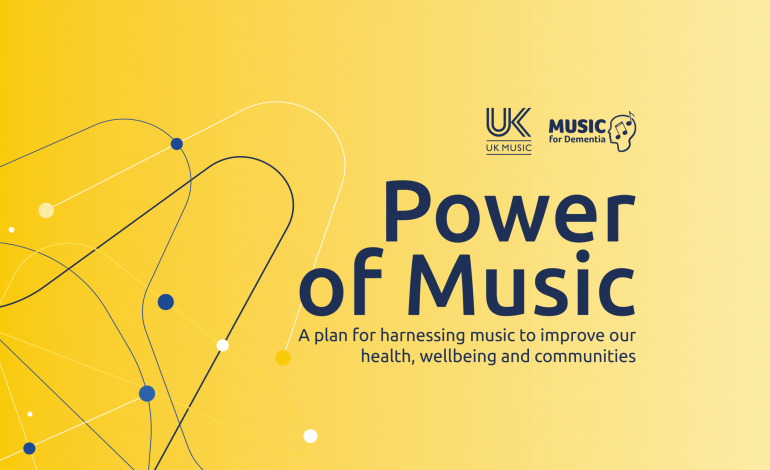
Despite a well-established social gradient for many mental disorders, let’s face it, modern day living is a multifaceted compendium of stress. If it’s not capitalism, consumerism, meritocratic inequality, global warming, the media, mental health or being constantly connected to people ruining your week, you’ve likely lost your keys or had a fight with your missus. From as young as babies, human beings are continuously looking for ways to destress and self-soothe.
Most of us would wholeheartedly agree, that music is one of the healing luxuries we have in life that can transport us, and help elicit positive feelings of joy and euphoria. Bob Marley once said, “One good thing about music, when it hits you, you feel no pain” and according to some studies, this statement may be true. Our culture has erroneously taught us that we should find ways to get rid of negative feelings, rather than truly experience them. Music is one of the forms of escapism humans often turn to when it comes to escaping negative emotions, or to help them sit with those emotions and listen to what they’re trying to tell you.
According to a major study, Britain is a psychologically fragile society in which increased wealth has impacted soaring levels of individual isolation and stress. The Power of Music is a collaborative project between UK Music and Music For Dementia, which aims to illustrate how music can play more of a role in improving health and wellbeing. ‘The Power of Music’ report was recently launched at the Universal Music UK headquarters, with the goal to look at how music can support staff, create savings and generally improve healthcare services.
Grace Meadows, who is the campaign director Music for Dementia said,“The pandemic has shown us how we urgently need to reimagine health and social care in the UK.Music has a critical role to play in this and while we’re committed to making this happen, we can’t do this alone. We need leadership, public engagement and funding at the very least, including the appointment of a Power of Music Commissioner who will turn our recommendations into action. One of our biggest challenges is that many people still don’t fully appreciate the power of music, but we could begin to change that within a year. We’re calling upon the Government and leaders in the fields of health, care, music, charity and philanthropy to work together to ensure the greater use of music in social prescribing and make it a key tool in public health strategies.”
Although no real commitments have been made just yet, Nadine Dorries the UK government’s Culture Secretary who wrote the report’s foreword said: “Music can be a powerful tool. It is clear to me that more should be done to understand the social value of music, and the unique opportunities it presents to alleviate long-term and chronic conditions, including learning disabilities, depression and dementia. I look forward to working with the creative and health sectors to harness the power of music and boost its untapped potential to support health and wellbeing.”
Read the full report here.
